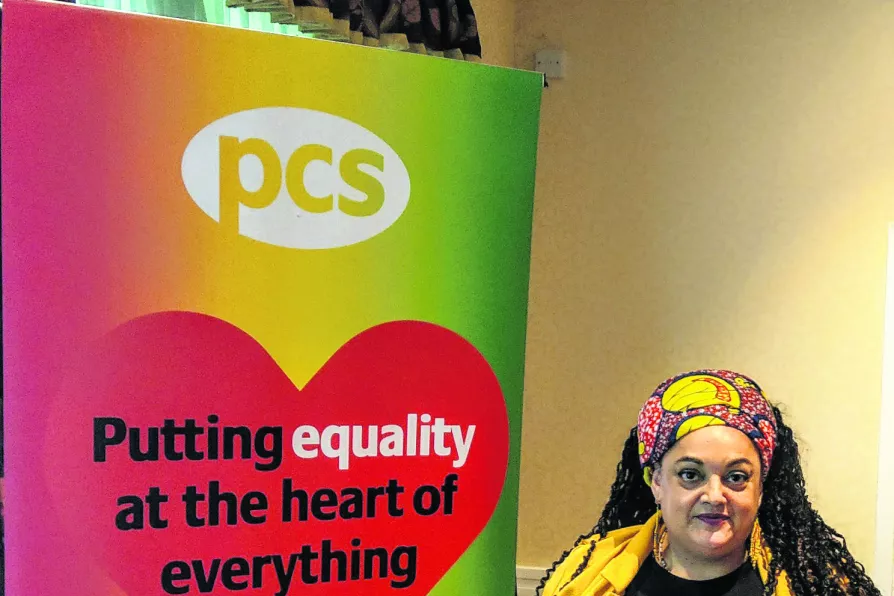Israel’s recognition of Somaliland has little to do with self-determination and far more to do with strategy, offering Israel a potential military foothold near Yemen, says JE ROSENBERG


WHEN local authorities decide to scrap Black History Month or change it to something else such as “diversity month” or, in the case of one London borough, reduced not just in scope but in time too to “heritage week,” we should question not whether Black History Month is needed but decision-makers’ motives in wanting to erase black history or water it down.
Black History Month in Britain, inspired by the US Black History Month, came about because there was a real need for it.
History books and school curriculums failed to include black history or minimised its importance. Race discrimination was deepening.

ROGER McKENZIE argues that Western powers can see the beginning of the end in the rise of the global South — and racist reactions are kicking in

On the anniversary of the implementation of the 1833 Slavery Abolition Act, ROGER McKENZIE warns that the legacy of black enslavement still looms in the Caribbean and beyond

ROGER McKENZIE expounds on the motivation that drove him to write a book that anticipates a dawn of a new, fully liberated Africa – the land of his ancestors











